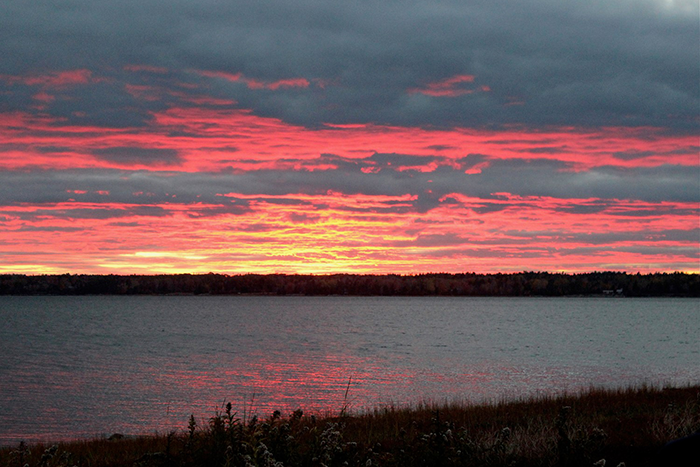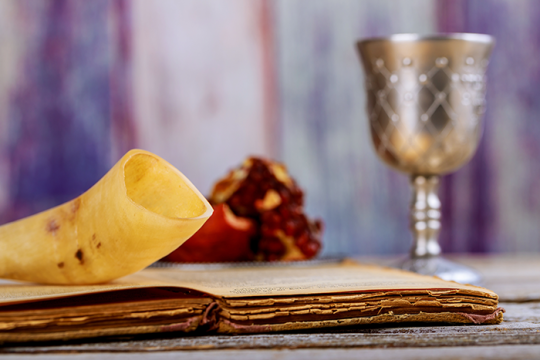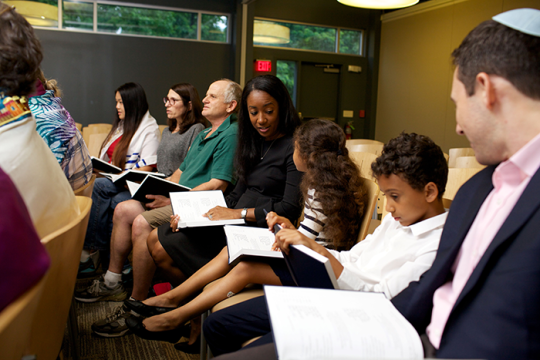
As we prepare for the High Holy Days, we engage in cheshbon hanefesh, an accounting of the soul. During the month of Elul, we look inward and reflect. Part of what we all encounter during this time of introspection is brokenness, imperfection, and the desire for shleimut - wholeness. This poem speaks to the possibilities of healing ourselves and our world.
We say night falls
but dawn breaks
As I roll those words
around on my tongue,
in my mind
I see ancient jars
cracked
broken
mended
I see hearts
cracked
broken
mended
I see light
streaming through cracks
glowing
shining
like the
Ten Divine Vessels of Creation
cracking
breaking
sparks scattering
to become
our perfectly-imperfect
broken world
waiting for us
to mend it
bring it to wholeness -
and in that
circular miracle
mending us
making us
whole
Dawn breaks
hearts break
even Divine Vessels
break
All emerge from darkness
into light
becoming light
Mending
healing
strength
wholeness
all possible
for us
for our perfectly-imperfect
world
Related Posts

Crossing the Bridge from the Particular to the Universal

Two Pockets, Two Lessons, One New Year
